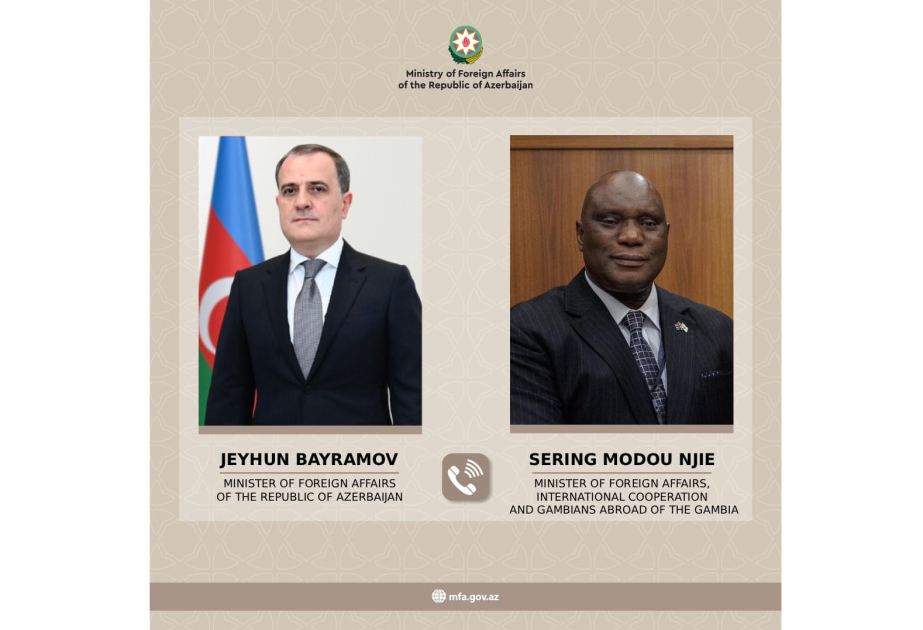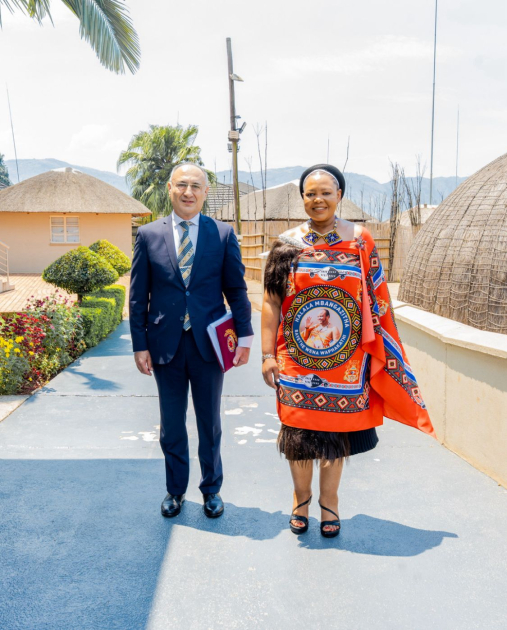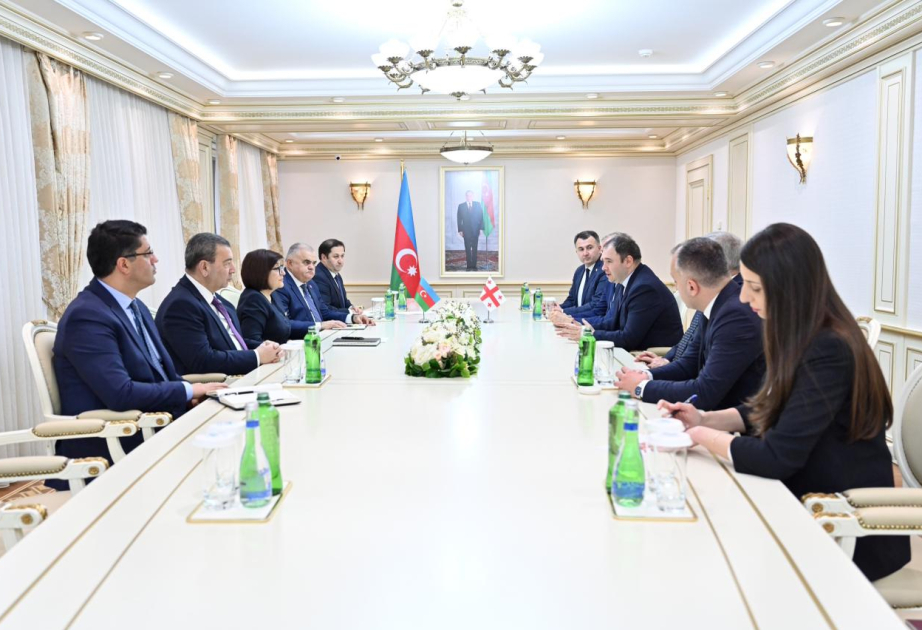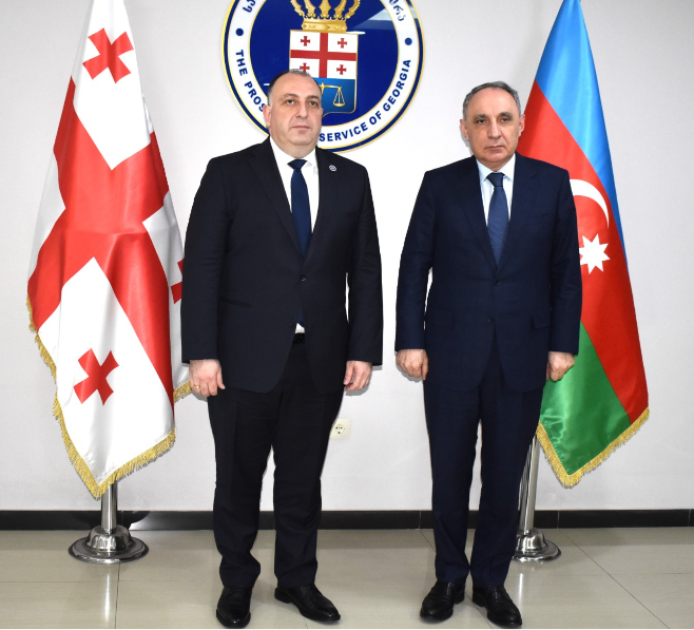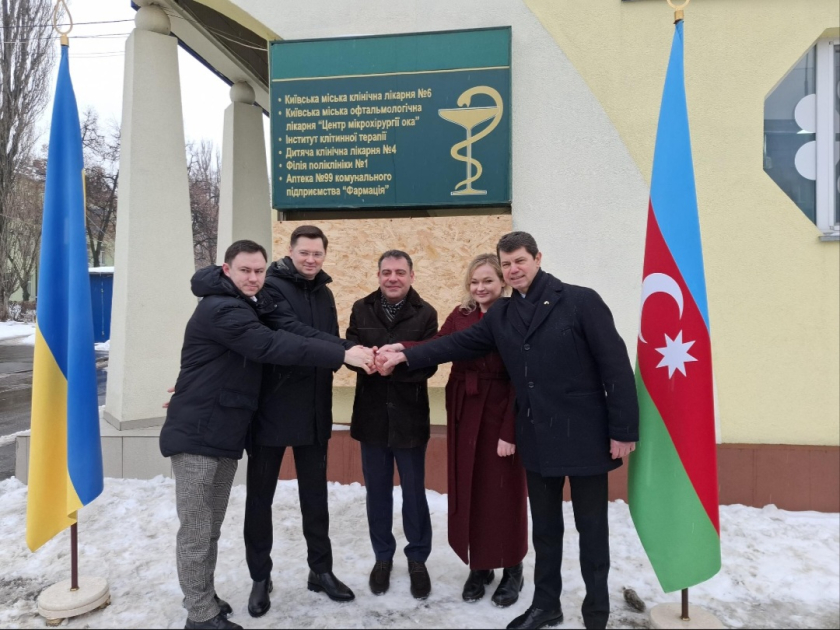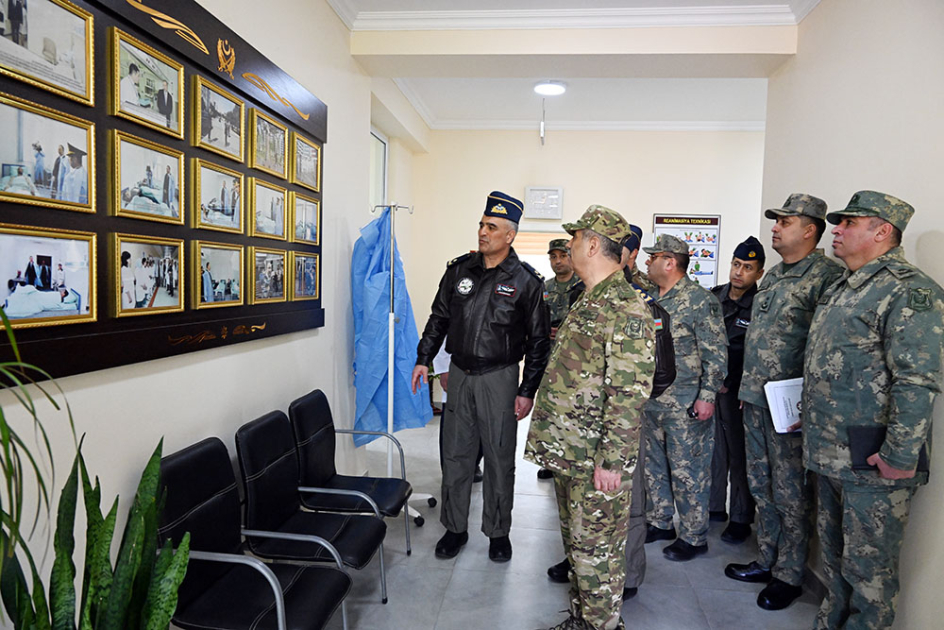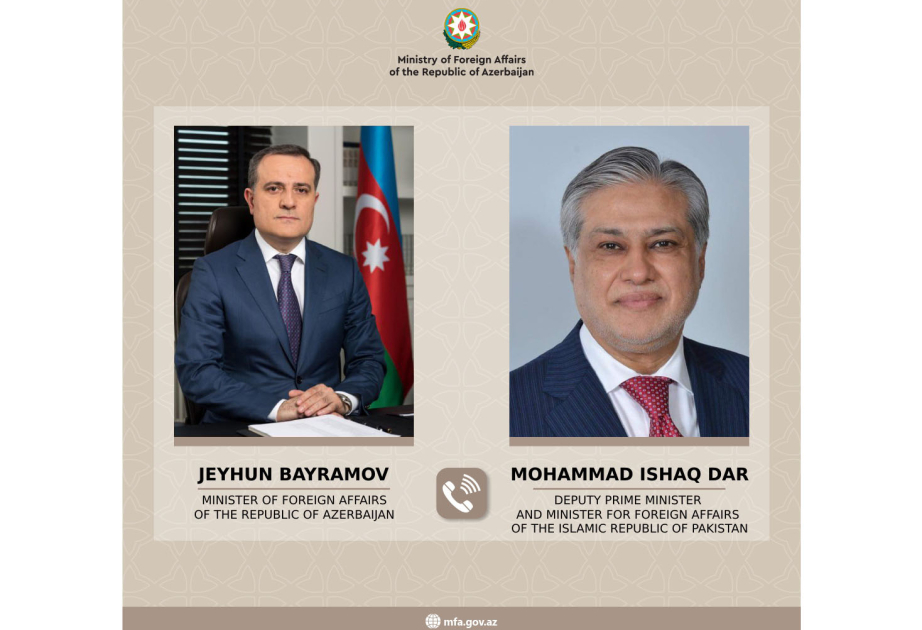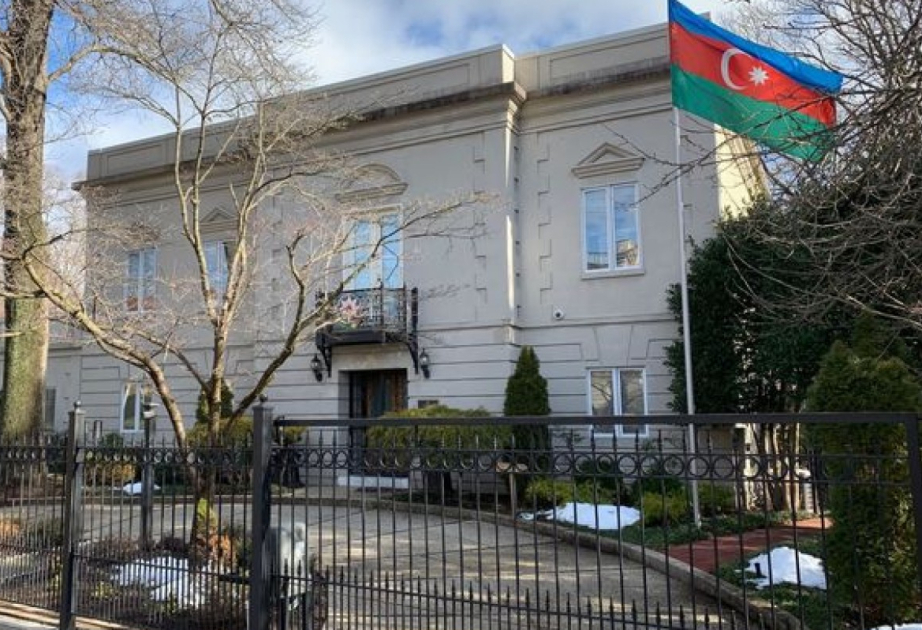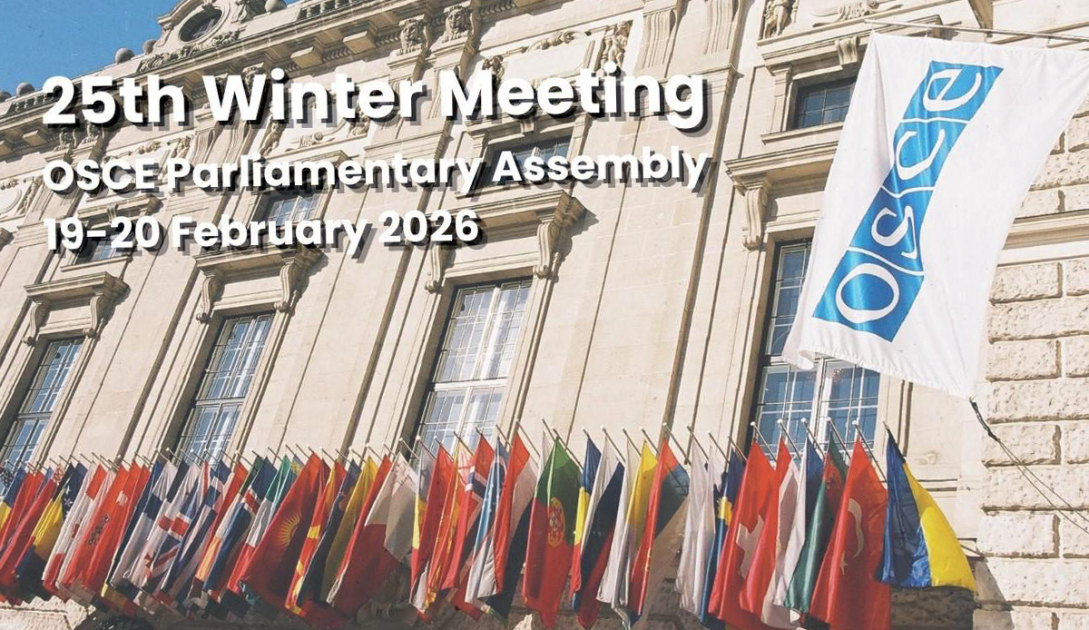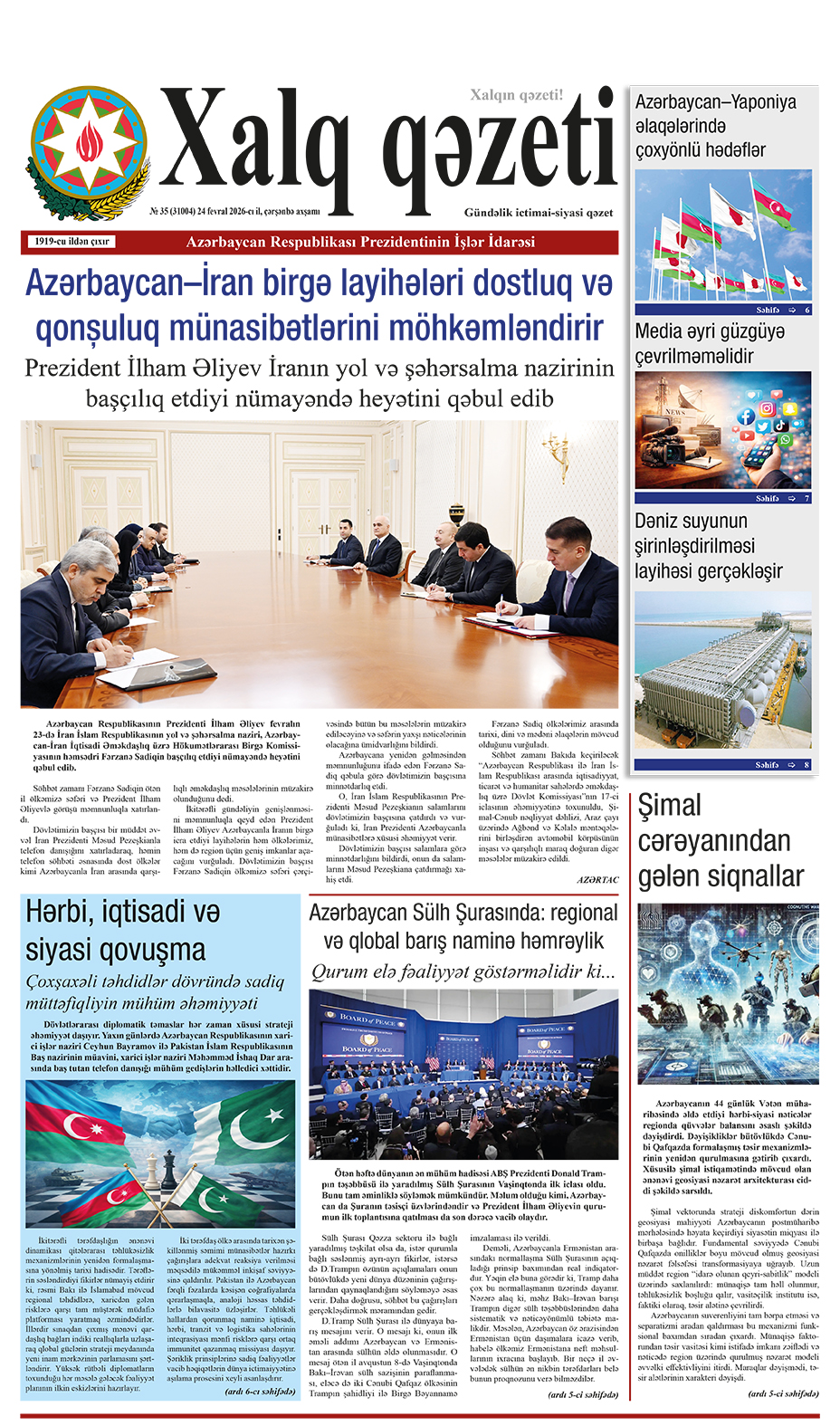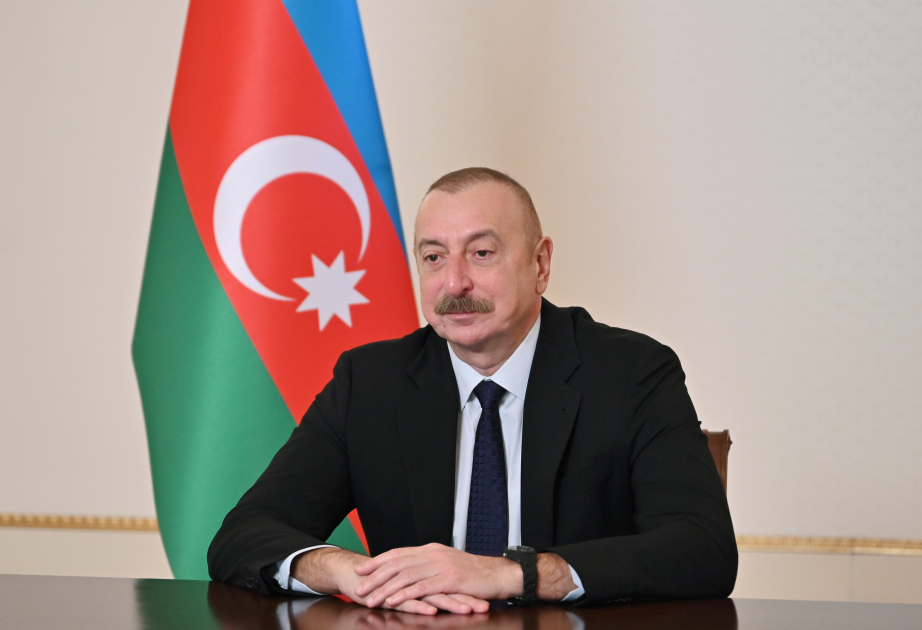What perspective does Armenia's chairmanship of an organization in which Russia plays a dominant role promise?
Armenian Prime Minister Nikol Pashinyan said at the meeting of the Supreme Eurasian Economic Council held in St. Petersburg on December 25 that the agreement on the creation of the EU is based on the fundamental postulate that the organization is an economic union and that it should not have a political, rather geopolitical agenda: "We we continue to understand and in this context we develop mutual activity within the framework of our economic cooperation. We are trying to prevent attempts to politicize Eurasian integration."
It should be noted that Armenia, which stands out for its negative attitude towards Russia, boycotts the activities of the Collective Security Treaty Organization, which is dominated by Moscow and is also a member, did not turn its back on the EU under the auspices of the Kremlin. The reason is simple - Armenia took over the chairmanship of the organization from Russia this year. That is, in the coming year, Yerevan will lead the AII. Then, first of all, let's ask this question: What were the results of Yerevan's rotating chairmanship of the CSTO?
Prime Minister N. Pashinyan caused an obvious sabotage at the organization's summit held in Armenia in November 2022, which was attended by Russian President Vladimir Putin. He tried to involve the CSTO in a conflict with Azerbaijan and stated that the organization should make a political assessment of what happened on the Azerbaijan-Armenia conditional border in September 2022 and recognize Baku as an aggressor.
Of course, the Armenian government could not achieve its desire and since then the anti-Russian line based on Yerevan's anti-KTMT rhetoric entered a completely new and sharper stage. Now, in this tense situation, the chairmanship of the EU is being transferred from Moscow to Yerevan in a rotational manner, and Pashinyan gives his first message approximately as follows: political issues and economic issues should not be confused. So what does that mean?
First, N. Pashinyan wants to state that politically, Armenia will still remain in the Western camp. In a sense, it is also a message of loyalty to the West. The message is this: representation in the EU is important for Armenia only at the economic level. In other words, Russia should not hope for anything else. This approach is figuratively like a girl spending time with a guy, but declaring that she will never marry him. How long will the boy tolerate such a situation and show understanding, he knows...
Second point. Today, Armenia occupies one of the high places not only in the geography where we live, but also in the world, according to the rate of economic development. But the point is that this development is due to the inflows from Russia. That is, as it is said in the example, the dog sleeps in the shadow of the cart, thinking that it is its own shadow. This is exactly how the case is set up. However, it cannot be assumed that Pashinyan does not know and does not see reality. He just prefers to be cheeky and tries to appear persistent in passing off the shadow as his own.
The third point is related to N. Pashinyan's insistence. Nikol is well aware of Russia's attitude towards Armenia. He knows that Moscow does not want to lose Yerevan. After all, the first shows only a small part of its methods of economic pressure against the second. It is as if one man were fighting with another, and constantly had his hand in his pocket, imagining that there was a pistol there, and that he was going to pull it out and fire. The other person is psychologically confused. He doesn't know if it's a pistol in his pocket or something else. Armenia is currently in the same situation in relation to Russia. But there is a certain exception. N. Pashinyan is so shameless, he is "armed" with a typical Armenian character to such an extent that he provokes Russia to "take his hand out of his pocket". Not only Nicole, but also others in her team are trying to provoke the Kremlin with their opinions, and this is not without reason.
The fourth point we will emphasize is related to those reasons. The point is that the Armenian government, which has completely turned its face to the West, commits serious insolence by describing the EU as a purely economic organization. In other words, this means that Armenia will do what it wants from a political point of view and should not face any economic pressure in return.
The fifth point. The Armenian leadership is well aware that due to political arbitrariness, for example, Western directives aimed at removing the South Caucasus from Russia's sphere of influence, it is possible for the country to be subjected to economic pressure by Moscow. The chairmanship of the EU and Pashinyan's first message have the essence of a kind of insurance.
Sixth point. There is no doubt that N. Pashinyan would not have attended the meeting of the EIA without the permission of his friends in the West. The question is: why was he allowed? There is a simple reason - money. The West thinks that it can preserve the results of the 2018 revolution in Armenia at the expense of the financing of the Russian global industry. After all, Westerners are sensitive about money. Rather, they are simic to spending money. They are playing a game on Russia's desire to re-acquire Armenia so that they can keep the latter afloat without spending money themselves. Frankly, they have managed to achieve their wishes so far. As we said, the financial flow from Russia has a significant share in Yerevan's current economic indicators.
Seventh point. Let's think for a moment that Armenia, which chairs the EU, raises the dose of anti-Russian rhetoric to a higher level. Of course, it will be difficult for Russia, but Yerevan may have to show its place. The real season will begin after that. At that time, N. Pashinyan will try to discredit the AII by circulating the opinion he expressed now. At the moment, the people in his team are very excited to announce that the organization is leaving Armenia. It is quite possible that they will apply the same approach to the EU if things do not "go right".
The eighth point. As we mentioned above, N. Pashinyan is of the opinion that the geopolitical agenda of the EU should not exist. Where does he get that from? So, the EU should not have a geopolitical agenda? I wonder if Nicole's ears can hear what her tongue is saying. It is clear that the EU is an institution created in the post-Soviet space as an alternative to similar institutions of the West. Emphasizing the exceptionalism of the geopolitical agenda in this institution is unimaginably absurd. But for Pashinyan, all kinds of stupidity are permissible. Undoubtedly, in situations that are not beneficial to him, he can reveal the statutes or regulations of the AII, thereby creating the impression that the organization is operating in accordance with its basic principles. It is possible to expect whatever you say from him.
To confirm our opinion, let's pay attention and see how the Prime Minister of Armenia clarifies the need to sign the declaration of the EU on the future development of economic processes for the years 2030-2045. Let's take into account that the said declaration is based on the conceptual and priority directions of the institution's development: "AII and its economic principles should not be associated with political ambitions. The fundamental freedoms of trade and integration cannot and should not be limited for political reasons. This will lead to the corrosion of the fundamental principles of the union."
In fact, N. Pashinyan's thoughts included in the quote are an indicator, so to speak, in terms of clarifying the points we drew attention to in detail. Generalizing, it is possible to conclude that Armenia's chairmanship of the EU is like a bomb placed inside the organization. It is clear that the Pashinyan government will attempt to turn this organization into a means of realizing its political ambitions, just as it tries to paralyze the work of all the organizations in which Russia plays a dominant role and which it represents. The real question is how patient Russia will be with this game. The country is losing its patience at the level of the CSTO, but what will happen to the AII? Time will tell.
A. JAHANGIROGLU
XQ




